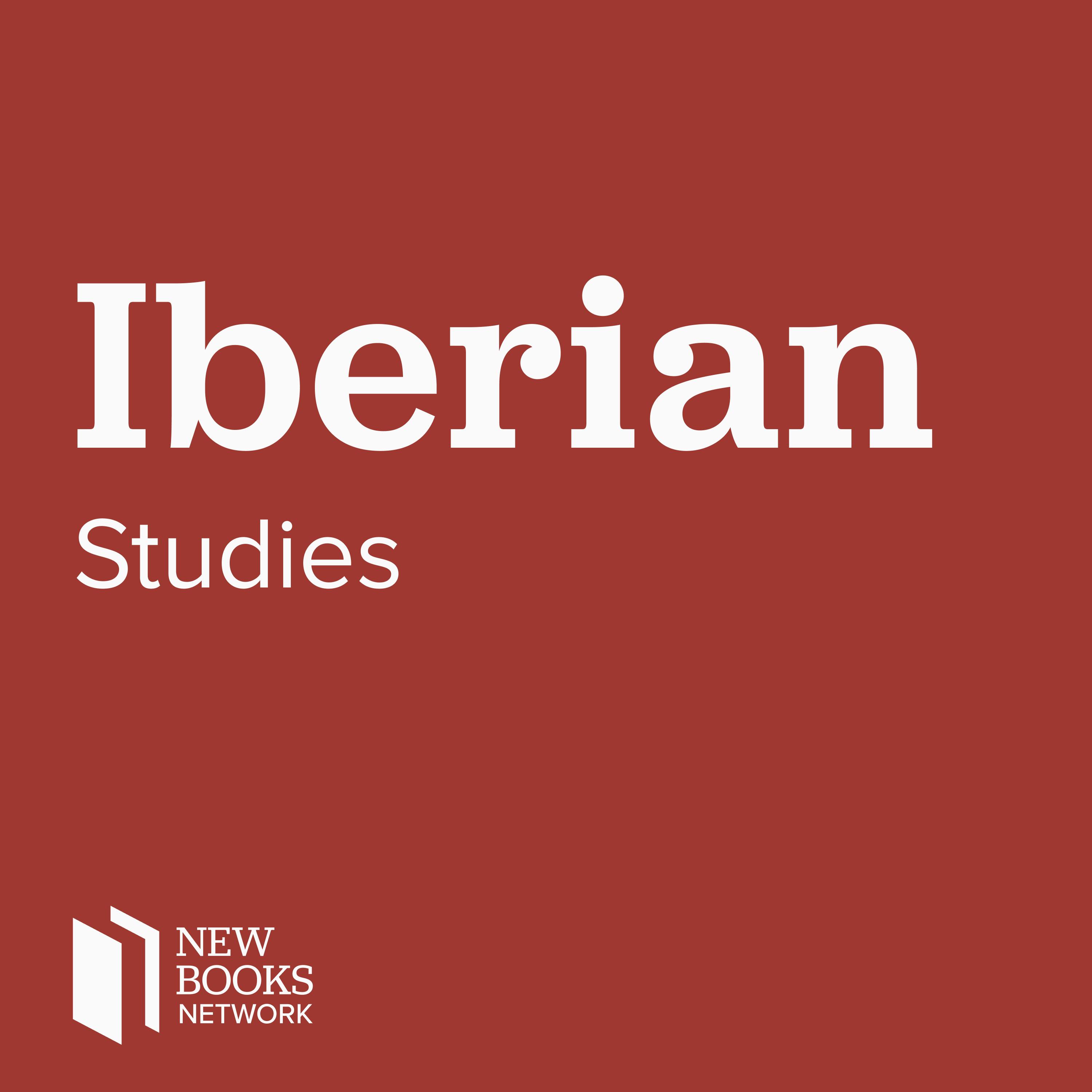Nora Jaffary, "Reproduction and its Discontents in Mexico: Childbirth and Contraception from 1750 to 1905" (UNC Press, 2016)
Nora Jaffary’s Reproduction and its Discontents in Mexico: Childbirth and Contraception from 1750 to 1905 (University of North Carolina Press. 2016), tracks how medical ideas, practices, and policies surrounding reproduction changed between the late eighteenth and early twentieth centuries in Mexico. Perhaps the most important change analyzed in the book, and discussed extensively in the interview, is the increased interest of the state in controlling childbirth and contraception. Whereas the colonial state was mostly interested in controlling reproduction primarily of Spanish women of the elite, in the republican era—specially in the late nineteenth century—the state expanded its scope in order to reach broader and more popular sectors of women. Abortion and infanticide, treated jointly in the book for people did not draw a distinction between them, came under the purview of communities and the state. We learn that family members, lovers and neighbors started denouncing women more frequently, and that criminal trials rose.
According to Jaffary such change is explained by the emergence of a discourse of sexual honor and virtue that became imperative for a wider sector of women, one that linked reproduction and the creation of a healthy citizenry to the construction of the national state. However, and in spite of the state’s claim in controlling reproduction, this is not a story of an all-powerful state that defined the life and choices of women, nor is this a history of the march of modern medicine (whether that is a good thing or a bad one) in which the state endorsed learned medicine and banished midwives and popular practitioners. As we will learn, this is a much more convoluted story; in spite of the growing interest of the state in reproduction, cases of abortion and infanticide were widely tolerated as were popular healing practitioners, and criminal trials rarely ended in conviction. Judges treated women cautiously and with justice. Moreover, as Jaffary convincingly demonstrates, this unknown history of childbirth and contraception reveals a world of medical pluralism and medical mestizaje—concepts that refer to the somewhat peaceful co-existence, or even collaboration, between a wide range of medical practitioners. In this wonderful book, Jaffary invites us to think about Latin American history in its own terms, to question histories that posit a lineal or teleological progress, and to see that the past, as much as the present, builds its own concepts and ideas that shape how the body is seen, lived, and experienced.
Lisette Varon-Carvajal is a graduate student in history at Rutger’s University.
Learn more about your ad choices. Visit megaphone.fm/adchoices

1h 10m